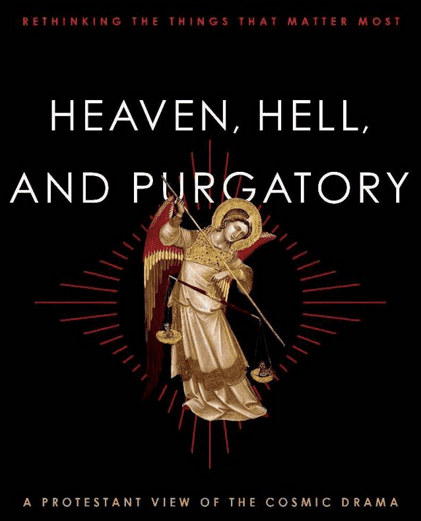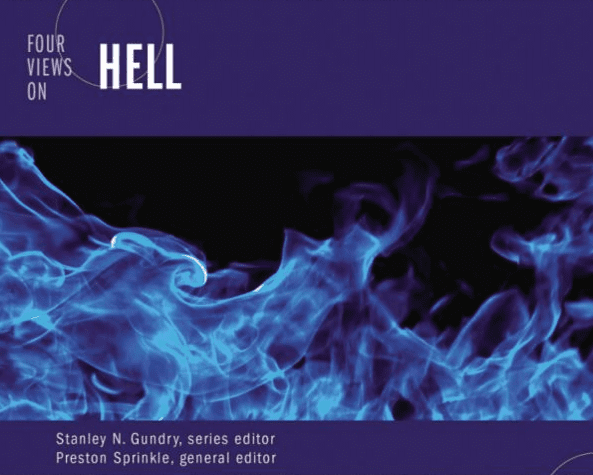 Here’s how he begins the chapter, with a question:
Here’s how he begins the chapter, with a question:
How can hell exist if God is truly love and will bring his world to the perfect comic end we explored in the first chapter?
The answer?
Well, what I want to argue is that hell can exist precisely because God is love. Because God is love, the comic ending is assured, but because he is love, hell is also possible.
So Jerry Walls in Heaven, Hell, and Purgatory: A Protestant View of the Cosmic Drama.
For some this creates tension: love and hell. For Walls because of love, therefore the possibility of hell.
If God is good and if God wants all to be saved, then all will be saved — or God is not good. (A common way of framing the problem for belief in hell.) The common response is free will: if all are saved, then there is no free will. Therefore, unless God compels all, and there is no free will, then hell must be a possibility.
Walls: “If freedom can account for evil in this world, the same freedom may explain why hell exists in the next” (70). He also adheres to CS Lewis’s famous line that hell is locked from the inside — by the choice of those there.
Love is demand; love is a choice; love emerges from freedom. The establishment of freedom therefore establishes free choice about love. If God is love, God is freedom; if God is freedom, free choice is part of the world God has made.
That is, some may choose not to love God, not to love Jesus, not to be with God forever.
Marilyn Adams counters that this makes humans too much like God. The size gap is diminished.
Tom Talbott says we would never — knowing all that needs to be known — choose hell. There is not intelligible reason to choose hell, if the person understands the implications of the choice.
What say you? Is hell rational?











